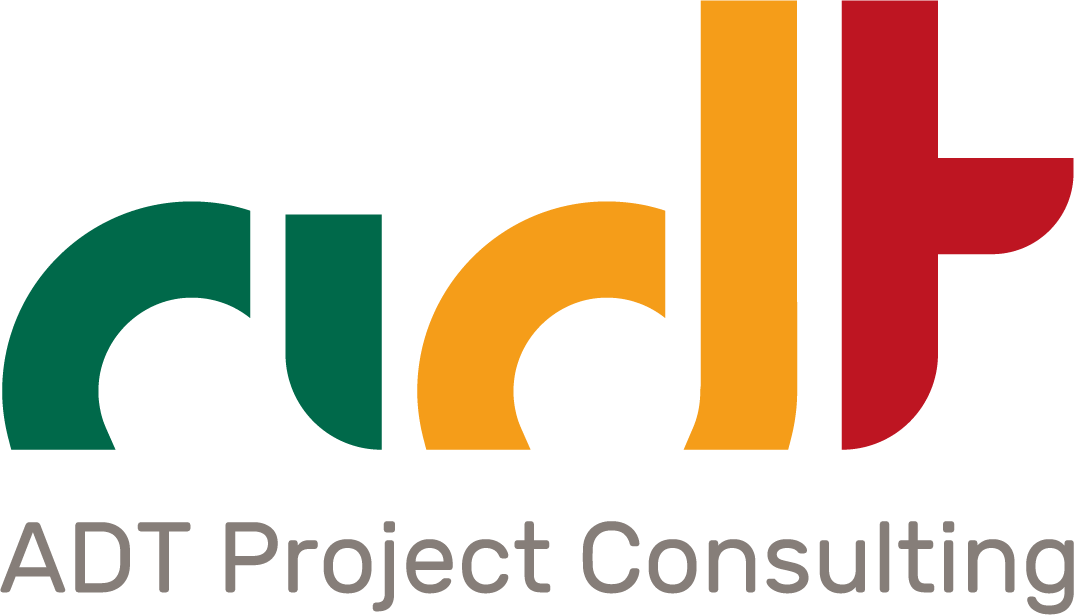A 2-day International Workshop on “DUS testing of Rapeseed and Mustard” was organized at the Directorate of Rapeseed-Mustard Research (DRMR) in Bharatpur, Rajasthan on February 13-14, 2020 in collaboration with DAC-FW, Ministry of Agriculture and Farmers Welfare, Protection of Plant Varieties and Farmers’ Rights Authority (PPV&FRA), and the Indo-German Bilateral Cooperation on Seed Sector Development funded by the German Federal Ministry of Food and Agriculture (BMEL).
The aim of this workshop was to exchange know-how and experience on procedures and technical methods for DUS testing (Distinctness, Uniformity and Stability) of Rapeseed & Mustard.
About 40 seed sector experts attended the workshop. The workshop was chaired by Dr Vinod Prabhu, Chairperson of PPV&FRA in Delhi and Dr PK Rai, Director DRMR. Additionally, Dr Ravi Prakash (Registrar of PPV&FRA), Mr. Dipal Roy Choudhary and other PPV&FRA staff also attended. Dr Sowmini Sunkara (National Project Coordinator Indo- German Cooperation on Seed sector project) also participated and supported the organization of the workshop.
From the German Federal Plant Variety Office (Bundessortenamt), Mr. Thomas Gildemeister was the main speaker of the workshop. Along with him, Dr Elmar Weissmann, a German senior seed sector expert contributed with his experience.
The technical program of the workshop covered various topics such as:
– PVP system in India;
– DUS testing of rapeseed and mustard in India;
– Selection of reference varieties and database maintenance;
– DUS testing of oilseed crops in Germany;
– Hybrid DUS testing procedures in India;
– Technologies & tools on DUS-testing used for rapeseed and mustard including data transfer from DUS station to BSA headquarters;
– General views and experiences of plant breeders on DUS/VCU testing;
– Interaction session with scientists and representatives from private and public seed sectors involved in DUS testing activities of oilseed crops.
 All speakers provided excellent presentations, information and recommendations on the topics. During the second day, visits of DUS testing fields of rapeseed and mustard as well as practical demonstration and discussions on best practices of DUS testing of oilseed crops completed the program. The workshop was very much appreciated by the participants, the speakers and the organizers.
All speakers provided excellent presentations, information and recommendations on the topics. During the second day, visits of DUS testing fields of rapeseed and mustard as well as practical demonstration and discussions on best practices of DUS testing of oilseed crops completed the program. The workshop was very much appreciated by the participants, the speakers and the organizers.



